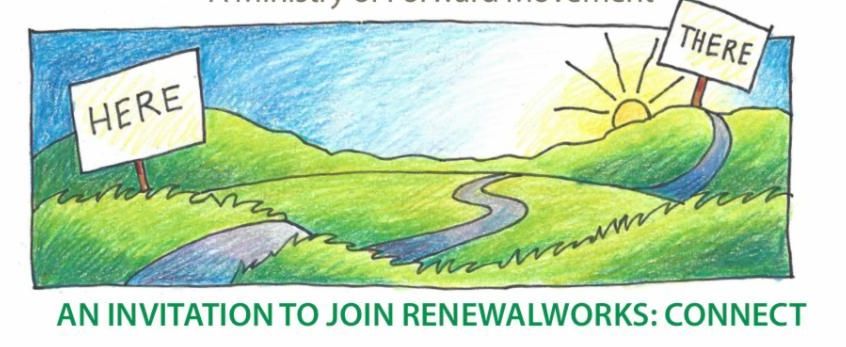
|
Now the Lord said to Abram, “Go from your country and your kindred and your father’s house to the land that I will show you. I will make of you a great nation, and I will bless you, and make your name great, so that you will be a blessing. I will bless those who bless you, and the one who curses you I will curse; and in you all the families of the earth shall be blessed.” So Abram went, as the Lord had told him.
-Genesis 12:1-4a
By faith Abraham obeyed when he was called to set out for a place that he was to receive as an inheritance; and he set out, not knowing where he was going. By faith he stayed for a time in the land he had been promised, as in a foreign land, living in tents, as did Isaac and Jacob, who were heirs with him of the same promise. For he looked forward to the city that has foundations, whose architect and builder is God.
-Hebrews 11:8-10
|
Looking Forward
These days, my daily prayer list has expanded to include prayers for a grandchild expected to arrive later this year (and of course, for her parents). In my prayers for her, I’ve found myself imagining what her life will be like. What will the world be like when she is 30? When she is 60? Will she live to be 120?
This wondering about the next generation was prompted as I read a book by Yuval Noah Harari, entitled 21 Lessons for the 21st Century. He writes: “If you lived in China in 1018, you might know that by 1050 the Song Empire might collapse, the Khitans might invade from the north, and plagues might kill millions. However, it was clear to you that even in 1050 most people would still work as farmers and weavers, rulers would still rely on humans to staff their armies and bureaucracies, men would still dominate women, life expectancy would still be about 40 and the human body would remain exactly the same. For that reason, in 1018 poor Chinese parents taught their children how to plant rice or weave silk; wealthier parents taught their boys how to read the Confucian classics, write calligraphy or fight on horseback. It was obvious that these skills would be needed in 1050.”
He continues: “Today we have no idea how China or the rest of the world will look in 2050. We don’t know what people will do for a living, we don’t know how armies or bureaucracies will function, and we don’t know what gender relationships will be like. Some people will probably live much longer than today, and the human body itself might undergo an unprecedented revolution thanks to bioengineering and direct brain-to-computer interface. Much of what kids learn today will likely be irrelevant by 2050.”
The author speaks about how we educate young people for what’s next. I’m wondering how we prepare them spiritually.
Perspective on the future has always been a matter of seeing through a glass darkly. A year into Covid-tide, I sense that truth more than ever. In the past, looking through foggy lens, I have been sustained and guided by the story of Abraham and Sarah in the book of Genesis. It’s reported in scripture that they answered a call from God, leaving what they knew for something they didn’t know at all. They launched out not knowing where they were going.
They become important teachers in this particular season. We’re making up what it means to deal with COVID. Many of us thought this would be over a year ago. Apparently, we were mistaken. Many people remain uncertain about the ways they will do their jobs in days ahead, if they have jobs at all. The Episcopal Church and other mainline congregations face trends that make it questionable that the church will continue as it has for generations. Covid has only accelerated change and deepened uncertainty about what’s next. That’s true for our society. That’s true for the various communities to which we belong, large and small. That’s true in each of our lives.
Which leads to the adage I heard as a child: I may not know what the future holds but I know who holds the future. I’m pretty sure that the world of my 30 year old granddaughter will be vastly different. I bet she’ll think that much of what we did was quaint at best, perhaps ridiculous. Maybe she’ll regard what we have done as inexplicable, even reprehensible, for any number of reasons.
But as I pray for her, I do believe that she and her generation can still be guided by the one who holds the future, the one whose nature is grace, the one said to be with us till the end of the ages. Call me crazy, but I believe, that as Abraham and Sarah walked by faith, so as her adventure unfolds, she will be held in those loving arms. I pray she will always know that those loving arms surround her.
